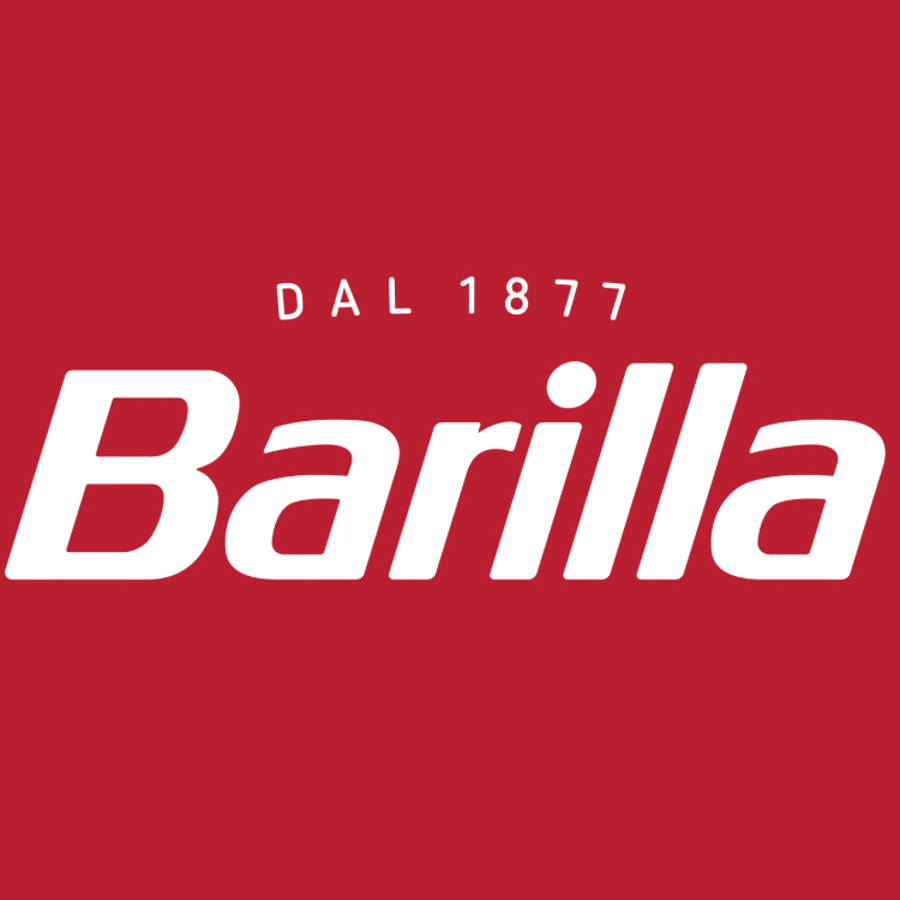Paid search advertising
Paid search, or pay per click (PPC), is the shop window of the online world. It's crucial for ecommerce, financial services and FMCG alike.
There's a good chance that if you aren't winning in the search engine, you aren't winning full stop.
It's Christmas Eve and you're panic buying presents. The shopping centre carpark is chocca block; one space left and you're about to execute the perfect reverse park when, out of the blue, some cut-throat opportunist races headfirst into the spot you've lined up. It's too late to find another one. The shops are shutting. Christmas is ruined.
Losing out on a sale in the search engine is a lot like losing out on that last parking space.
You've got a great product, you've made a customer aware of it, they're in market and searching for a relevant term (maybe even your brand name) but you aren't running any paid search. Unfortunately, your main competitor is. They're bidding on the search term, and it is their ad which gets clicked. They take the sale.
All the SEO on the world can't save you from this fate. Every search engine gives prominence to paid links. Google didn't become one of the most valuable companies in the world by giving stuff away for free!
At the core of our paid search strategy lies the "zero moment of truth" (ZMOT); the moment a consumer decides to act. By taking a comprehensive view of search behaviour, from research to purchase intent, we ensure the right message is delivered at the right moment, enhancing brand experience.
Paid search can do much more than just harvesting sales. Whether it's surfacing educational content, inspiring someone planning their next holiday or helping connect brands in regulated markets to a niche target audience, PPC can do it. It’s also hugely complementary to above the line media channels, especially video media advertising
Our paid search strategists are skilled at diagnosing the core role for the channel and designing comprehensive plans, creating amazing brand experiences in the search engine.
Our tactics
Services
See all servicesOur clients
Alcumus - SafeContractor
Paid Search
Driving leads using paid search

Barilla
Social Media / TARGETR
Using TARGETR to increase sales by 97%
There's more to see
SEE ALL CASE STUDIESInsights

Why diversity and inclusion matters for Media
In today’s media landscape, the role of diversity and inclusion is critical in creating compelling and impactful content.

The use of AI in Media planning
The pros and cons of AI, according to a media planning professional born before Google.
FAQs
-
Paid search advertising, also known as pay-per-click (PPC) advertising, allows businesses to display ads on search engine results pages (SERPs) when users search for relevant keywords. Advertisers bid on keywords, and ads appear based on factors like bid amount, ad relevance, and quality score. Payment is typically based on clicks (CPC – cost per click) or impressions (CPM – cost per thousand impressions).
-
- Instant visibility – Ads appear at the top of search results, increasing exposure.
- Highly targeted – Ads are shown to users actively searching for relevant products or services.
- Flexible budget control – Advertisers set daily and campaign-level budgets to manage spending.
- Measurable results – Detailed analytics track ad performance, conversions, and return on investment (ROI).
- Scalability – Campaigns can be adjusted in real-time to optimise performance.
-
- Bid amount – How much an advertiser is willing to pay per click.
- Quality score – Determined by ad relevance, expected click-through rate (CTR), and landing page experience.
- Ad relevance – How well the ad matches the user’s search query.
- Landing page experience – The quality and relevance of the webpage linked to the ad.
- Ad extensions – Additional features like call buttons, site links, and location information can improve ranking.
-
- Click-through rate (CTR) – The percentage of users who click on the ad.
- Conversion rate – The number of users who complete a desired action (e.g., purchase, sign-up).
- Cost per conversion (CPA) – The amount spent to generate one conversion.
- Return on ad spend (ROAS) – Revenue generated compared to advertising spend.
- Quality score improvements – Higher scores lead to lower costs and better ad placements.
-
- Conduct keyword research – Target relevant, high-intent keywords.
- Write compelling ad copy – Clear messaging with a strong call-to-action (CTA).
- Use negative keywords – Prevent ads from showing for irrelevant searches.
- Optimise landing pages – Ensure pages align with ad content and offer a seamless user experience.
- Monitor and adjust regularly – Continuously analyse performance and refine bidding strategies, keywords, and ad creatives.
To get started you can call 01598 760700
or email [email protected]
















